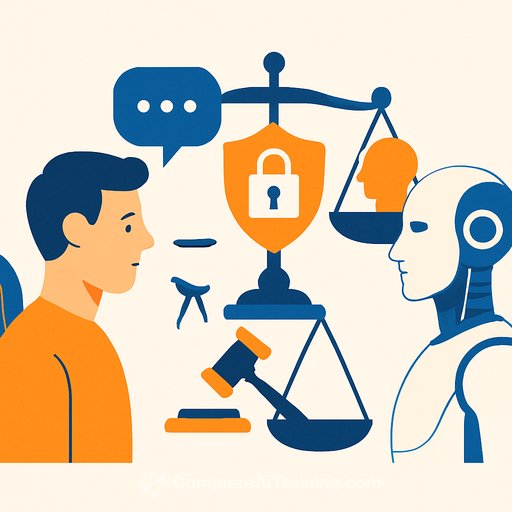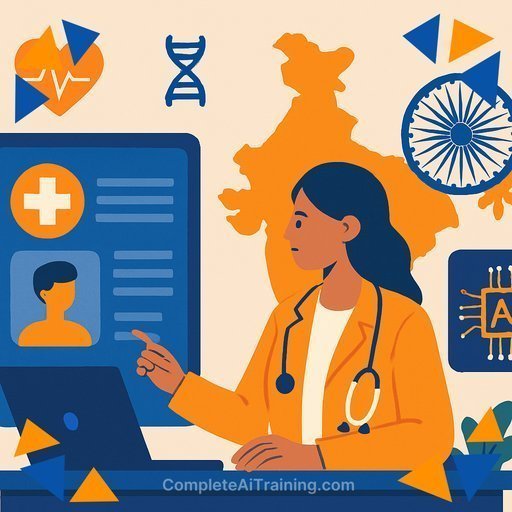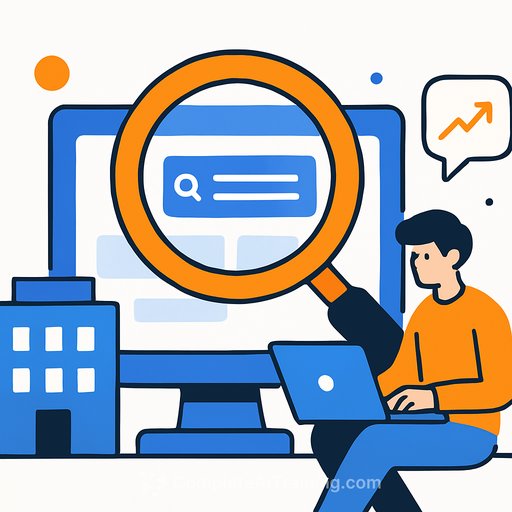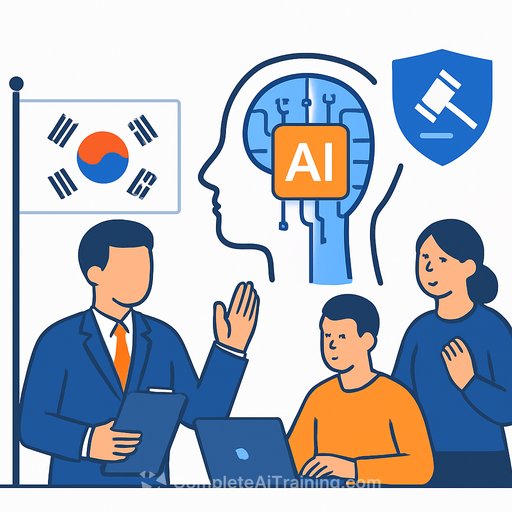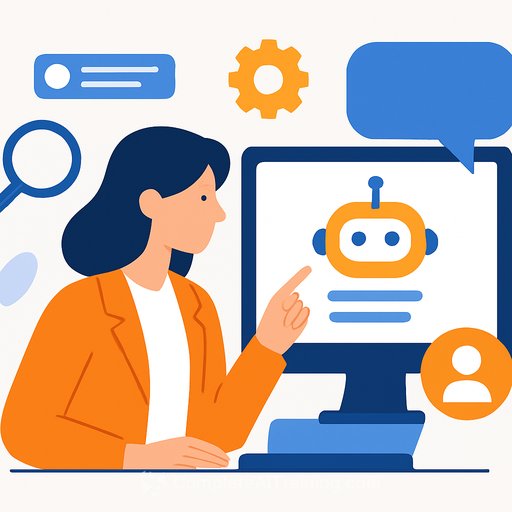Between a Psychologist, a Lawyer, and ChatGPT: Should AI Conversations Be Confidential?
Sam Altman, CEO of OpenAI, recently stated that conversations with ChatGPT do not have legal privilege. This raises a critical question: is it time to establish such a privilege for AI interactions?
Artificial intelligence now plays a role in therapy, personal discussions, and even legal advice. But unlike traditional confidential communications—such as those between psychologist and patient or lawyer and client—talks with AI like ChatGPT currently lack legal protection.
Altman made his position clear during an interview on the podcast This Past Weekend w/ Theo Von, emphasizing that no legal privilege applies to conversations with ChatGPT. This sparked debate about whether confidentiality should extend to AI interactions.
Existing legal privileges, including those found in Israeli law, protect communications with professionals like psychologists (Section 50 of the Evidence Ordinance), doctors (Section 49), clergy members (Section 51), and lawyers (Section 48). These privileges serve important public interests and are backed by statute or case law. AI conversations, however, fall outside these protections.
Risks for Users of AI in Sensitive Contexts
Anyone using ChatGPT for legal advice, medical consultations, or other sensitive matters must understand that their exchanges could be recorded and potentially used as evidence in investigations or court proceedings.
This reality leads to the question: should a legal privilege be created for AI communications? And if so, should it apply universally or only to specific types of interactions?
Arguments Supporting AI Communication Privilege
- Legal advice from AI can resemble that provided by lawyers.
- Psychological support delivered through AI chat may have real therapeutic benefits.
- Studies show AI passing bar exams and medical licensing tests at rates comparable to or exceeding humans.
These points strengthen calls for legal recognition of AI conversations as privileged, at least in certain contexts.
Balancing Truth and Confidentiality
Legal privilege is an exception designed to protect vital interests, not a general rule. It aims to promote candor in defined professional relationships while supporting the broader goal of uncovering the truth.
Notably, privilege does not extend to private search histories, personal notes, or independent legal research. The challenge is distinguishing AI communication from these examples.
The Human Factor and Legal Status of AI
Many privileges arise because the communication involves a recognized professional—lawyer, doctor, psychologist, clergy—who holds formal certification. The real question is whether AI can, or should, be granted a legal status akin to these professionals.
Establishing a separate legal personality for AI could pave the way for extending privileges to AI conversations, but this raises complex legal and ethical considerations.
As AI tools become increasingly integrated into sensitive decision-making and support roles, the legal system will need to address these questions head-on.
For legal professionals interested in understanding how AI intersects with law and ethics, exploring courses on AI applications and their implications can be valuable. Resources like Complete AI Training's legal courses offer practical insights into these developments.
Your membership also unlocks:

